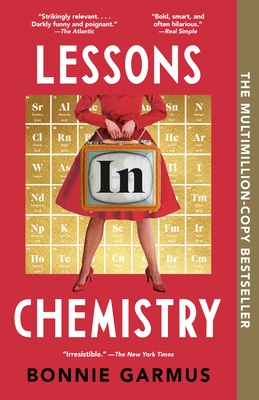More-With-Less Cookbook: Recipes and Suggestions by Mennonites on How to Eat Better and Consume Less of the World's Limited Food Resources
Select Format
Select Condition 
You Might Also Enjoy
Book Overview
Related Subjects
Business Business & Finance Business & Investing Business & Management Computer Science Computers Computers & Technology Decision-Making & Problem Solving Economics Industries & Professions Information Management Information Systems Management & Leadership Manager's Guides to Computing Mathematics Physics Science Science & Math Science & Scientists Science & Technology Software Engineering System Theory TextbooksCustomer Reviews
Rated 5 starsThrifty Mennonite cookbook
I grew up with these recipes. I can say I wasn’t always fond of the recipes as a child, but it was the first cookbook I asked for when I moved out. The French dressing is great if you like the red bottled stuff but not the price of it. The honey mustard chicken legs are my moms favorite. The granola recipe was the only cereal I ate for the first 5 years of my life. There are endless rice and bean recipes. More With Less is...
4Report
Rated 5 starsTimeless compassionate classic
I love this cookbook! Besides being filled with wonderful, practical and frugal recipes, it is chock full of information about eating for better health and for the health of the planet. I have spent many evenings curled up reading this cookbook. If you read cookbooks, this is one to not miss! A couple of notes regarding other reviewers' comments. First, it is NOT a gourmet cookbook, and doesn't pretend to be. This is a collection...
10Report
Rated 5 starsSimple cooking, simply great
The two bad reviews of this cookbook that I've seen focus on it being too simple and "reducing" the subtlety of recipes. After growing up as a missionary kid in West Africa with a mom who relied on this cookbook and after learning how to cook out of it, I disagree. The recipes are simple so that you can modify them to suit your own tastes and what's locally available. If you're looking for a gourmet cookbook, this isn't...
10Report
Rated 5 starsEnduring wisdom and recipes
I plan to buy a second copy of this cookbook because my copy of the original edition is stained with 24 years of use. This is where I go for ideas when I have to fix a meal and don't have anything special around to use. This food isn't gourmet, but there are plenty of plain, good recipes. This book has my favorite recipes for cornbread and tortillas, and many, many main dish recipes for basic home cooking. The spiral binding...
5Report
Rated 5 starsWill become an instant favorite for the family cook
With a comb binding allowing it to be laid out flat for cooking convenience, Doris Longacre's More-With-Less Cookbook is a showcase of Mennonite recipes for eating better while consuming less of the world's limited food resources. From Whole Wheat Pineapple Muffins, Vietnam Fried Rice, Three-Grain Peanut Bread, and Poor Man's Lobster Thermidor, to German Potato Noodles, Applesauce Crunch, Garden Vegetable Curry, and Old-Fashioned...
1Report










































